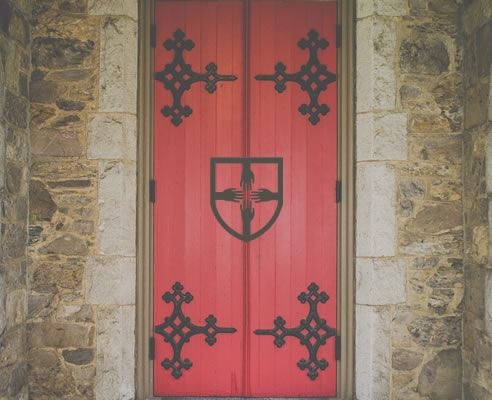
So, we’re looking at two drunks—one needed to talk to a drunk, “anyone.” He didn’t care whether the person was actively drinking or was trying to fight his need to do so. The other was a physician about ready to perform a medical operation the next day, but first had to have a bottle of beer. The Doc didn’t wish to meet this guy muttering, “I’ll give ‘im 15 minutes, then I walk”. They’d never met before.
But the fact is, both stayed—long into the night—two drunks just talking about their addictions. They shared their experiences and feelings and shame of their drinking, the damages it caused them and their families and friends. Maybe, stories of their efforts to quit came up, each sharing how those efforts failed. Maybe there were some guesses “why” their efforts failed.
But from this fumbling talk, a seemingly accidental dialogue, a program of something was born that turned out to be a way for all drunks to find sobriety regardless of where they lived—in any nation—a program that ultimately stretched sea to sea.
They made promises to each other to “stay in touch” and they did that. They must have believed or at least suspected the strength of simply one alcoholic talking to another. They looked for the means to continue those conversations. Both were important parts of their search. Bill didn’t have a drink since that first meeting with Dr. Bob. Yes, the good doctor had one more episode, but he found a way to deal with his shame—he simply went around Akron talking with all those he had harmed with his drunkenness. It was Dr. Bob who by this effort created the heart of Steps 4 and 5 and 8 and 9. Yes, Dr. Bob saw the importance of simply making a list of those we had harmed and seeking ways to make amends.
Work proceeded for several years. AA groups were springing up all over. The Big Book was published. And the medical professionals came to believe that this program was a way to find sobriety and to maintain that sobriety.
Then suddenly, Bill and Dr. Bob stepped aside, turned the program over to others but continued to carry the message of hope to those who still suffered.
What is one to say about this. Bill and Dr. Bob didn’t get paid for their vision—and then as the Program reached maturity, they turned it over to the Program itself. I need to remember those early days of struggle and the slow progress. I need to remember the devotion of these early believers and their devotion to finding a better way. It’s akin to our Higher Power’s gift of Grace.
Yes, I must acknowledge Bill and Dr. Bob, for without their vision and hard work I am afraid I might not have made it and might have continued on my slippery slope of my own addiction until that final moment.
Jim A, Wednesday,4:00, Lebanon OH